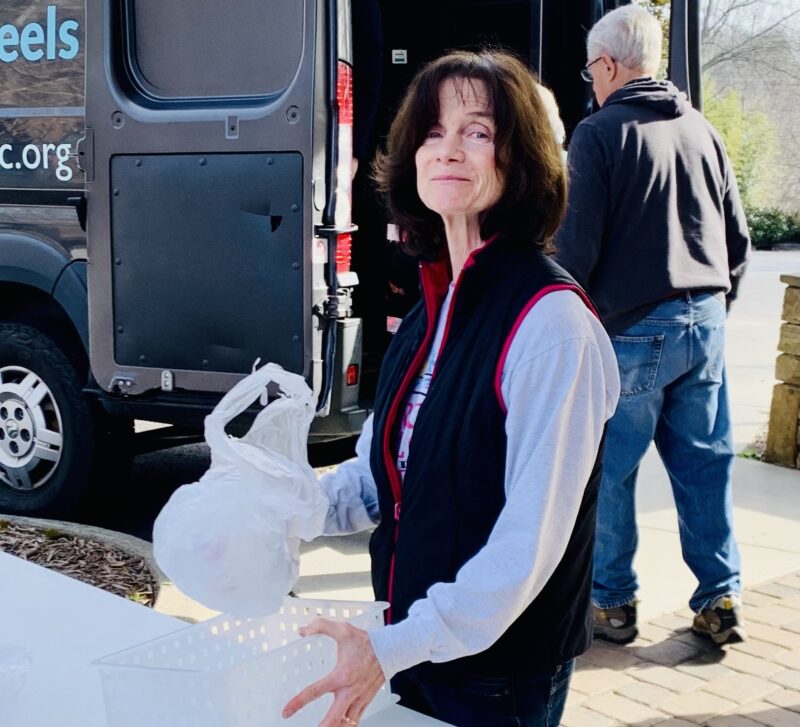Did you know that nearly 90% of aging adults wish to age in place as they grow older and become more dependent on others for care?
The reasons make enough sense; would you want to leave the home you’ve lived in or owned for over 30 years just to be placed somewhere you don’t know anyone and have less freedom? Care Communities can be great for the well-being of seniors, but often, unless there are serious safety reasons, it’s okay to let aging adults stay home as long as possible, as long as they have the care they need and their homes are retrofitted and conducive to aging.
Aging in place put simply is defined as “letting older adults remain in their homes and communities as they age, rather than relocating or moving to a care community or institutional setting.” There are many ways to be supportive of your senior wishing to remain home, and today we want to talk about what you can do to help your aging loved one age in place.
- Safety and Security. Safety and security are some primary reasons that many people consider placing their loved ones in a care home. But did you know there are a lot of ways to make their home safer for them to live comfortably? You can start by assessing current risks in their home, such as stairs, rugs, or bathrooms, and consider what to change. For example, many people opt for a shower chair and grab bars in their bathrooms to make staying clean safer and more comfortable, or installing a stair lift system to aid in mobility if there is a concern about stair safety.
- Health and Wellness. Before considering how aging affects your loved one, help them stay on top of their health and wellness. Supporting and encouraging them to eat a balanced diet, get enough sleep, and take all medications as prescribed, along with getting some exercise can all go a long way in your senior’s health as they get older. Invite them for a walk, cook them a healthy meal, and attend scheduled doctor’s appointments to better understand what you and your aging loved one may need in the future as they wish to age in place.
- Embrace technology. Unfortunately, many older folks aren’t so fond of technology for any number of reasons. However, when used appropriately, technology can be a lifesaver or help simplify complex tasks. Maybe your aging adult has expressed concern about forgetting where they put their keys or having a hard time remembering doctor’s appointments or special events. By integrating technology into their lives, these tasks can become easier and safer, too. For example, if your loved one loses their keys a lot, consider a Tile or other Bluetooth tag that can connect to your phone and help them find where they may have misplaced their keys. If remembering events is a problem, consider something such as a Google Home or Alexa that you can add events too with a calendar and can tell your loved one, reminding them what they have going on that day.
- Work with them to create a care plan while they can still live independently. A common mistake many people make when caring for an aging loved one or moving towards caring for an aging loved one is that they often lack a concrete plan for care as their loved one’s conditions worsen or change as they age. It’s all too common to see older loved ones insist that they’ll be fine and take care of themselves and to “not worry about it” until it’s too late. This can result in a lot of chaos and confusion and can make matters far more complicated when they may be unable to make those decisions themselves. For some tips on creating a care plan, click here.
- Plan for caregiving services. There are many wonderful at-home senior care businesses that can help make your aging loved one’s life easier, and also give you more insight into their condition and the way they live. Many of these businesses offer everything from drop-in visits to help with meal prep or running errands, companionship or respite care, medication reminders, and more. If your loved one struggles with certain health or mobility conditions that can make living independently challenging, many of these at-home care services offer nursing and personal care services as well. Not only can this help you as a caregiver balance and stay on top of taking care of yourself, but it can be a vital part of supporting your loved one who wishes to age in place.
To learn more about how to support your aging loved one and their desire to age in place, click here.










